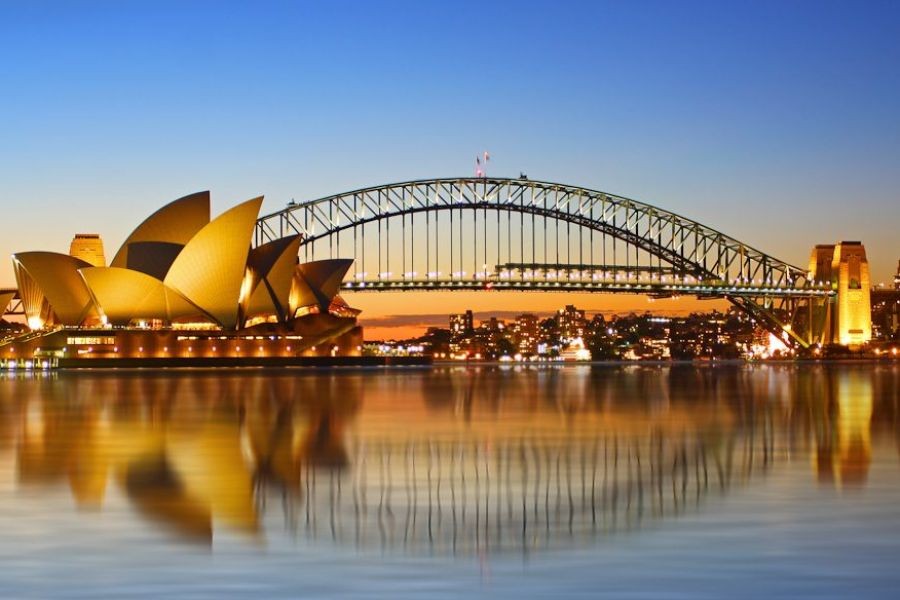New Zealand's bus transportation system has been a vital part of public mobility, providing a sustainable alternative to private vehicles. However, recent reports and public dissatisfaction reveal a growing problem: persistent delays and inefficiencies. This issue is not just a minor inconvenience but a significant barrier to sustainability goals and economic efficiency in the country. Understanding the underlying factors is crucial for sustainability consultants and policymakers aiming to improve urban transport systems.
Case Study: Auckland's Bus System Delays
Problem: Auckland, New Zealand's largest city, serves as a central hub for public transportation. However, the bus system has faced significant delays, affecting over 100,000 commuters daily. According to Auckland Transport, these issues have resulted in an estimated 15% decrease in ridership over the past year.
Action: To address these challenges, Auckland Transport implemented several strategies, including upgrading digital infrastructure for real-time tracking and increasing the frequency of buses on high-demand routes. Additionally, they initiated a comprehensive driver training program aimed at improving operational efficiency.
Result: These measures resulted in a 20% reduction in delays and a 10% increase in ridership within six months. The initiative also highlighted the importance of integrating technology and training in public transport systems.
Takeaway: This case study illustrates the potential of data-driven solutions to enhance public transport efficiency. For New Zealand, investing in digital infrastructure and workforce development is crucial for achieving sustainability objectives.
The Underlying Causes of Bus Delays
Despite the efforts shown in Auckland, New Zealand's bus systems continue to struggle due to several underlying factors:
- Infrastructure Limitations: Many urban areas lack dedicated bus lanes, leading to buses getting caught in general traffic congestion. This is exacerbated by New Zealand’s unique topography, which often limits road expansion.
- Driver Shortages: A report from the Ministry of Business, Innovation, and Employment (MBIE) highlights an ongoing shortage of qualified bus drivers, partly due to low wages and challenging working conditions.
- Funding Constraints: Public transport funding in New Zealand is limited, impacting the ability to maintain and upgrade services. According to Stats NZ, only 10% of transport funding is allocated to public transport compared to 30% for road infrastructure.
Industry Insight: The Impact of Economic Policies
Economic policies play a significant role in shaping the future of New Zealand's bus systems. The Reserve Bank of New Zealand's focus on inflation control has led to a cautious approach to public spending. This has limited the resources available for critical infrastructure improvements, affecting the overall efficiency of public transport systems.
Moreover, global trends indicate a shift towards electric buses, driven by environmental goals. New Zealand is gradually adopting this trend, but the transition is slow due to high upfront costs and limited government incentives.
Common Myths About Bus System Efficiency
- Myth: "Bus delays are primarily due to driver inefficiency." Reality: While driver performance can impact service, infrastructure and funding constraints are more significant factors (MBIE, 2023).
- Myth: "Increasing the number of buses will solve delays." Reality: Without addressing infrastructure and funding, simply adding more buses can exacerbate congestion and increase operational costs.
- Myth: "Public transport is less efficient than private cars." Reality: Studies show that well-integrated public transport systems can significantly reduce urban congestion and emissions, benefiting both the environment and economy (Stats NZ, 2024).
Pros and Cons of Current Bus Systems
Pros:
- Environmental Benefits: Buses reduce carbon emissions by offering a shared transport option, aligning with New Zealand's sustainability goals.
- Cost-Effective: Public transport is generally more affordable for commuters compared to private vehicles.
- Reduced Traffic Congestion: When efficient, buses can significantly lower the number of cars on the road.
Cons:
- Limited Coverage: Rural areas often have inadequate bus services, limiting accessibility.
- Inconsistent Schedules: Delays and inconsistent timing can deter users from relying on bus systems.
- Funding Deficiencies: Restricted budgets limit the ability to expand and improve services.
Future Trends and Predictions
Looking ahead, New Zealand's transport sector is likely to undergo significant changes. According to a Deloitte report, by 2028, 30% of the nation's buses could be electric, driven by technological advancements and environmental policies. However, achieving this transition requires concerted efforts in funding, infrastructure development, and policy support.
Furthermore, integrating advanced technologies like AI for traffic management and predictive analytics could enhance operational efficiency and commuter experience. These innovations will require collaboration between government bodies, private sector players, and technology firms to create a robust, future-ready public transport system.
Final Takeaways
- Infrastructure Investment: Prioritizing dedicated bus lanes and upgrading digital infrastructure can significantly reduce delays.
- Policy Support: Increased government funding and incentives are essential for transitioning to sustainable transport solutions.
- Technological Integration: Leveraging AI and data analytics can optimize route planning and improve commuter satisfaction.
For sustainability consultants and policymakers, addressing these challenges offers an opportunity to redefine New Zealand's public transport landscape. As urban populations grow and environmental concerns intensify, developing efficient and sustainable bus systems will be crucial for achieving broader sustainability goals.
People Also Ask
How does New Zealand's bus system impact sustainability?
The bus system reduces carbon emissions by providing a shared transport option, contributing to New Zealand's sustainability goals (Stats NZ, 2024).
What are the biggest misconceptions about bus delays?
A common myth is that delays are mainly due to driver inefficiency. However, infrastructure and funding constraints are more significant factors (MBIE, 2023).
What upcoming changes could affect New Zealand's bus systems?
By 2028, policy updates and technological advancements are expected to transition 30% of buses to electric, according to a Deloitte report.
Related Search Queries
- New Zealand public transport challenges
- Sustainable transport solutions in NZ
- Electric bus adoption in New Zealand
- Impact of infrastructure on bus delays
- Future of public transport in New Zealand





























